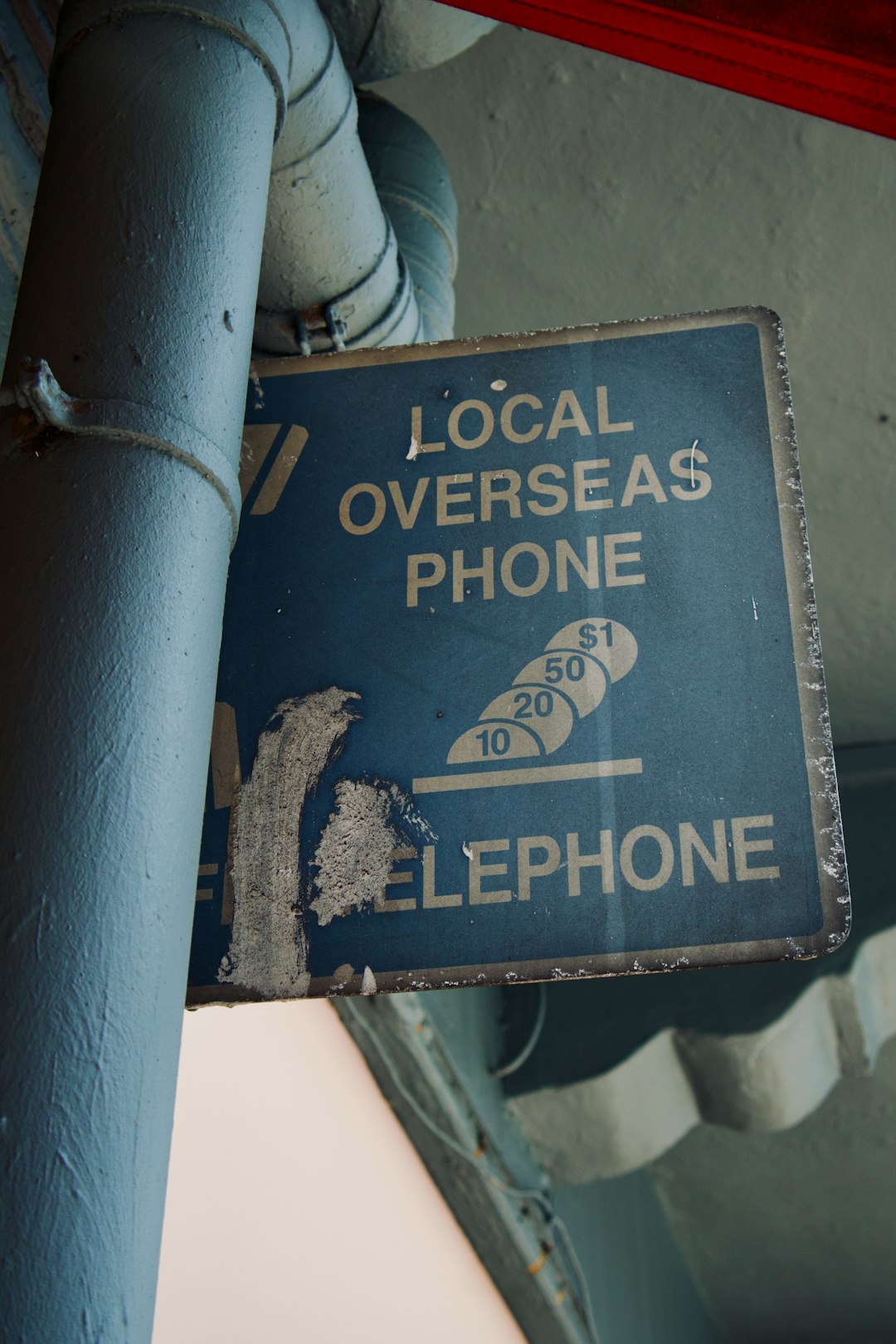In Louisiana, a state law regulates commercial text messages (spam texts) to protect recipients' personal time and privacy. Businesses must stop sending unsolicited messages between 9 PM and 8 AM weekdays, and 7 PM on weekends, unless they have explicit customer consent. Non-compliance can lead to legal issues and fines for businesses, highlighting the importance of clear policies and guidance from a spam texts Attorney Louisiana to avoid violations and maintain positive customer relationships.
Louisiana has implemented a unique regulation regarding commercial text messages, restricting their sending after specific hours. This law aims to protect consumers from unsolicited and disturbing communications. Understanding these restrictions is crucial for businesses and individuals alike, especially with the rise of spam texts.
The article delves into the details of Louisiana’s law, explaining what constitutes spam under the legal definition and exploring the rights of consumers. It also highlights the importance of a spam texts attorney in navigating these legalities.
Understanding Louisiana's Law on Commercial Text Messages

In Louisiana, there’s a state law that restricts commercial text messages from being sent to consumers after specific hours. This regulation is designed to curb the influx of spam texts and give recipients a break from unsolicited messaging during their personal time. The law stipulates that business communications via text must cease between 9:00 p.m. and 8:00 a.m., Monday through Friday, and 7:00 p.m. on Saturdays and Sundays. This means that businesses and organizations in Louisiana must obtain explicit consent from their customers to send promotional or advertising texts outside these designated hours.
For businesses operating in the state, understanding and adhering to this law is crucial. Non-compliance could lead to legal issues and potential fines. It’s essential for companies to have clear policies regarding text messaging campaigns and to ensure that any marketing efforts respect the privacy of their Louisiana-based customers. An experienced Attorney Louisiana can offer guidance on navigating these regulations, helping businesses maintain ethical practices while effectively communicating with their target audience within the boundaries set by state law.
What Constitutes Spam Texts According to the Law

Under Louisiana law, “spam texts” are defined as unsolicited text messages sent for commercial purposes after 9:00 p.m. or before 8:00 a.m. This includes any message promoting goods, services, or offers that the recipient has not requested or agreed to receive. A key aspect is the absence of prior consent from the recipient, making such messages intrusive and potentially harmful.
Attorneys in Louisiana emphasize that businesses must obtain explicit permission from customers before sending automated text messages at these times. This means companies cannot rely on previous purchases, general subscriptions, or existing business relationships as justification for sending spam texts. Compliance with this regulation not only avoids legal repercussions but also fosters a better customer experience by respecting individual preferences and sleep patterns.
Rights of Consumers and Role of a Spam Texts Attorney in Louisiana

In Louisiana, consumers have rights when it comes to receiving commercial text messages, especially after certain hours. The state’s law aims to protect individuals from unsolicited and intrusive marketing efforts by limiting the timing of such communications. Consumers can rest assured that their privacy is respected, as businesses must adhere to strict guidelines regarding text messaging campaigns.
If a consumer believes they have been sent spam texts or receives unsolicited advertisements outside permitted hours, they may seek legal advice from a spam texts attorney in Louisiana. These legal professionals specialize in navigating the state’s telecommunications laws and can assist individuals in asserting their rights. A spam texts attorney can help determine if a business has violated any regulations and take appropriate action to protect the consumer’s interests.






